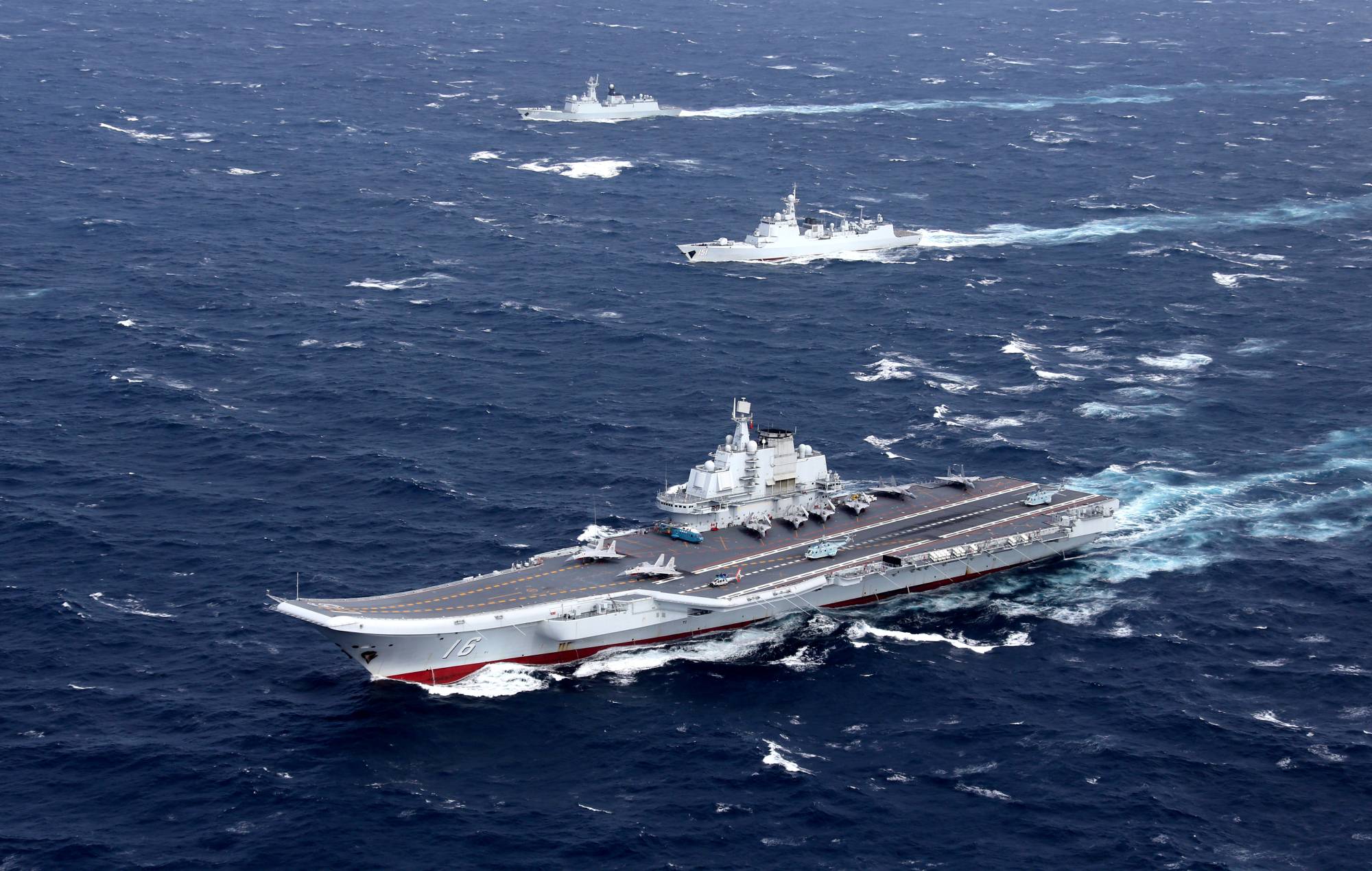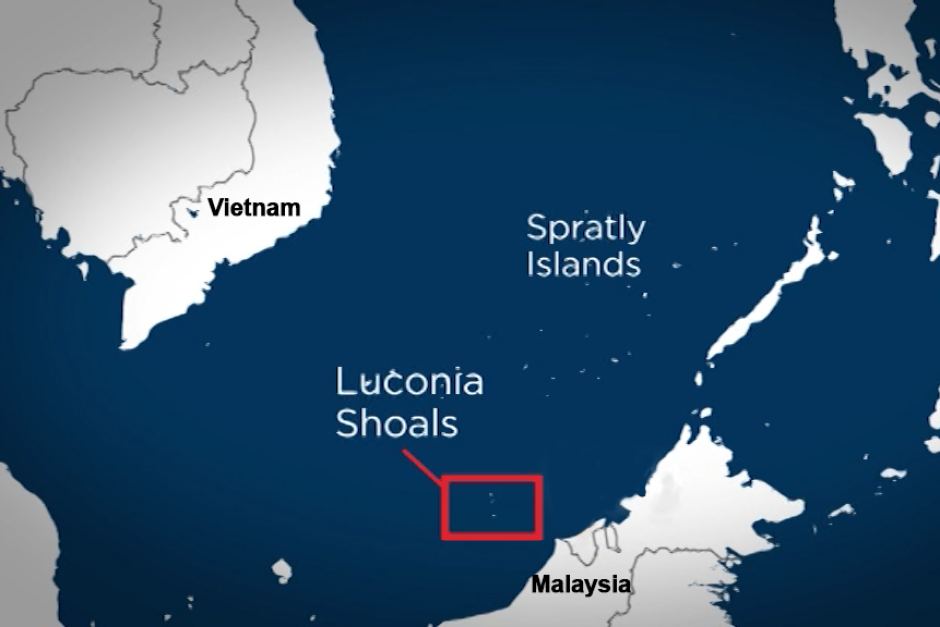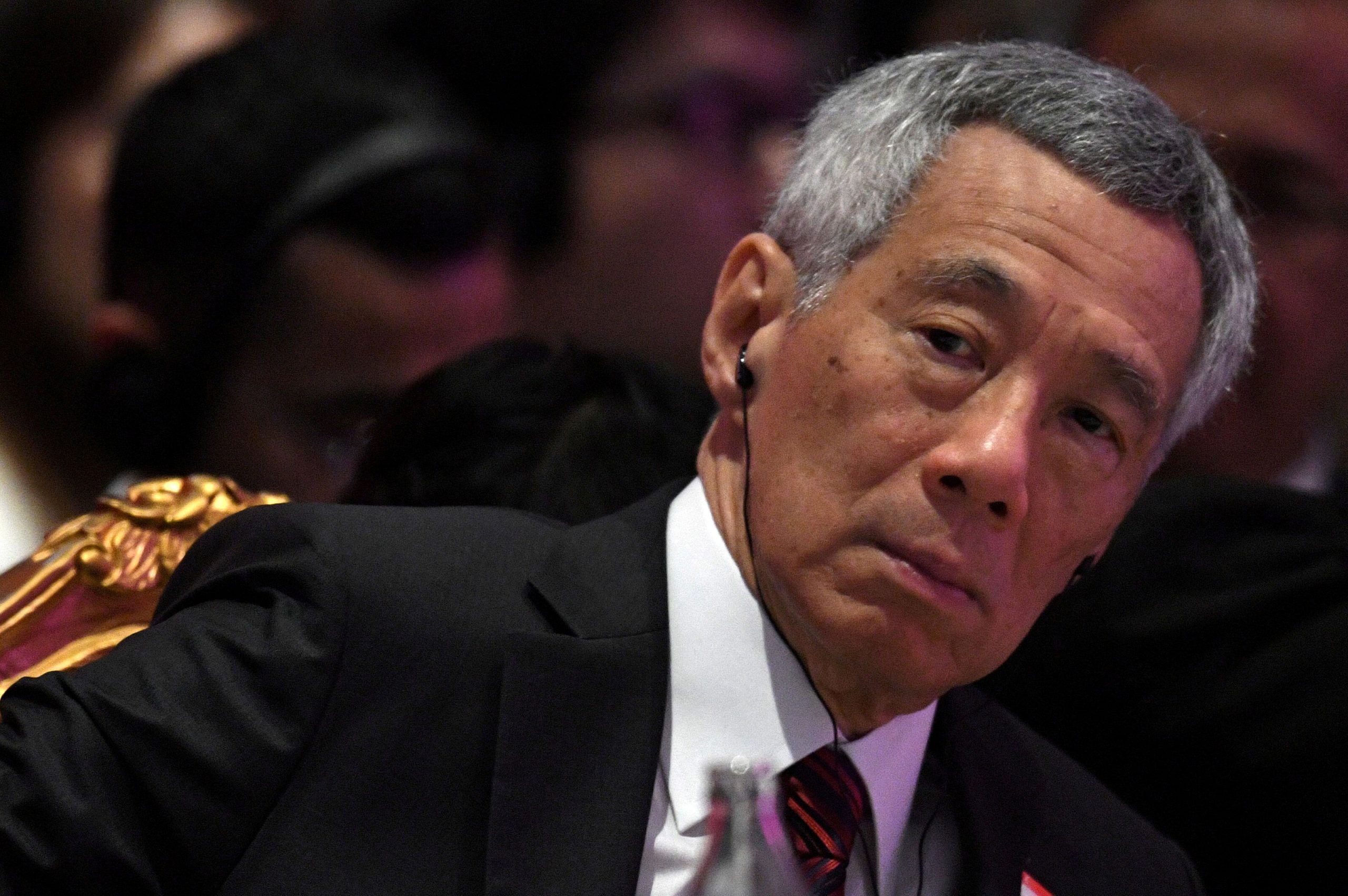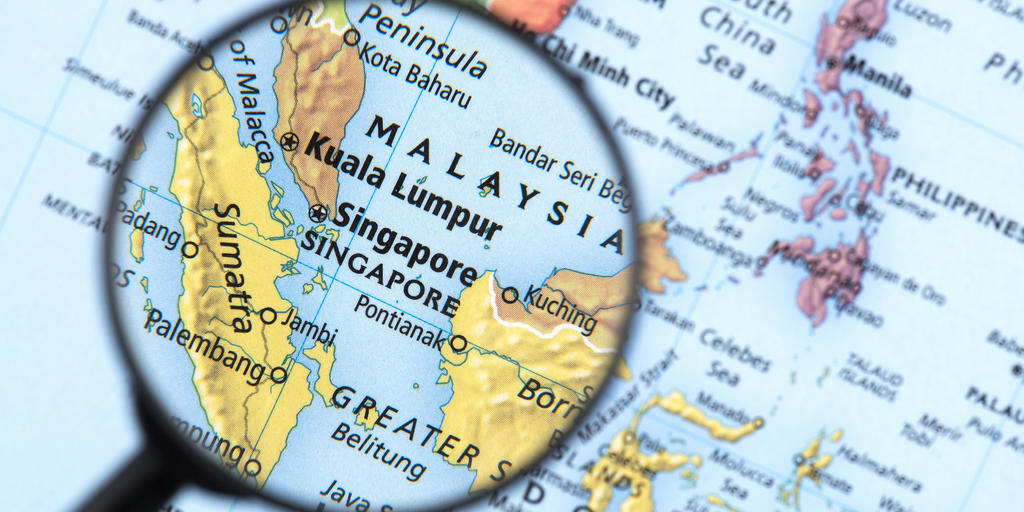China took over 3 islands near Sabah… Could the Ukraine war encourage them more?

- 400Shares
- Facebook355
- Twitter8
- LinkedIn5
- Email6
- WhatsApp26
Malaysia’s relationship with China has always been a complex one; for about half a century we viewed each other with suspicion from opposite ends of the capitalist-communist bloc, especially considering that China’s brand of communism was once viewed as the single greatest existential threat to Malaysia.

But although things have been a mixed bag for Malaysia-China relations over the past decade or so, the Russia-Ukraine war may further complicate things between us, claims Associate Professor Dr Guido Benny, Programme Director of the Bachelor of Social Science (Hons) in International Relations of Taylor’s University.
According to him, NATO’s awkward response to the conflict may repeat itself via a similar disjointed response from ASEAN when dealing with China in the region. Here are some of his claims:
1) We can’t count on Western powers if China goes aggro in the South China Sea
And when China says ‘South China Sea’, yes, they mean the whole South China Sea, as per their ‘historical right’ to the area dating back to the Xia Dynasty (c. 2070-1600 BCE). They even enacted a Law on the Territorial Sea and the Contiguous Zone in 1992 to further cement their claim—though whether or not the UN agrees with it is a different story altogether.

In response to China increasing their military presence in the region (especially man-made islands such as the Mischief Reef, which is 437km from Sabah), the US, UK, Japan, Australia, and Britain have all done the same, which China sees as increased provocation.
But seeing China’s recent activity in the region, it doesn’t seem like there’s anything that Malaysia can do to counter increased Chinese presence in the South China Sea, as can clearly be seen by the ‘daily harassments’ by Chinese boats on civilian vessels in the Luconia Shoals:
“They do monitor (in Malaysia), but I don’t think they do the shooing them away kind of thing, because China is simply too powerful for them doing so.” – Oh Ei Sun, senior fellow with the Singapore Institute of Affairs

And if Russia-Ukraine is anything to go by, says Dr Benny, don’t count on the West on being able to do anything either if China starts something up:
“Learning from the current War in Ukraine, where NATO provided very minimal support after it promised membership to Ukraine, it is evident that we cannot rely on external powers in solving the conflict in the region.” – Dr Guido Benny
Although the war in Ukraine may seem a world away from us, Dr Benny says its consequences should matter to us, especially with regards to China. According to him…
2) A weak response to Russia may encourage China to keep expanding
“It may be if China sees there are not many critical repercussions against Russia, or the impact of these repercussions is weak, it may embolden China further to claim her sovereignty over Taiwan in more physical ways – and importantly, assert her authority in the South China Sea.” – Dr Guido Benny
It’s been argued that the presence of the United States in the region is a key factor in stabilizing the region against Chinese mischief, especially when it comes to securing Malaysia’s oil drilling activities. But how much of it has actually succeeded in deterring China?
As things stand, the response towards China’s movements in the South China Sea hasn’t been all that tough anyway. Remember those man-made islands we mentioned earlier? Well as it turns out, at least three of those islands have already been fully militarized as bases to launch offensive aircraft from (although China claims these bases are solely for ‘defensive purposes’).
Oh, and China’s radio response to a US Navy plane flying over the area?
“China has sovereignty over the Spratly Islands, as well as surrounding maritime areas. Stay away immediately to avoid misjudgment.” – China’s radio message to US Navy plane
Chinese structures at the disputed South China Sea Mar. 20, 2022 as seen from a US recon plane. (AP Photos/Aaron Favila) Story here https://t.co/JDj5n9E8qw by @JimSGomez #spratlys #SouthChinaSea #china #military #westphilippinesea @APNews pic.twitter.com/nKPvCCbMV4
— Aaron Favila (@AaronFavila) March 21, 2022
As we all know, the economic impact on Russia’s economy following the start of the Ukraine war has been disastrous, but of course, the type of response, and how such a response would translate to a South China Sea context remains to be seen.
But then again, if push comes to shove…
3) China could exploit the ‘ASEAN Way’… again
What’s the ASEAN Way, you might ask? Well, simply put, it’s Consensus, Consultation, and Cooperation. In other words, if even one member nation rejects to a proposal, that proposal will be rejected. Dr Benny says the disunity of ASEAN is the biggest problem facing ASEAN countries when it comes to dealing with China. In fact…
“… this consensus norm was exploited by China in 2017 when, during the 30th ASEAN Summit in Manila, ASEAN members could not come to an agreement to denounce China’s militarisation efforts and disputes in the South China Sea.” – Dr Guido Benny
This ASEAN divide was also evident with regards to the Russia-Ukraine war, as they couldn’t achieve consensus on that either.

Dr Benny says to expect a similar response from ASEAN if China were to take military action in the South China Sea. He argues that although it is in everyone’s best interests to maintain economic relations with China, this policy, coupled with ASEAN’s disunity, could ‘very well be our downfall’.
Which of course begs the question…
Is Malaysia’s ‘friend to all’ foreign policy even feasible?
If there’s one thing Malaysia is known for in the international community, it’s that we practice a ‘friend to all, enemy to none’ foreign policy, which some scholars have labeled ‘dangerous’. However, realist scholars argue that every nation, even Malaysia, ‘hedges’ (sits on the fence) to some extent.
But the Russia-Ukraine conflict has exposed a real issue with this line of thinking: how far are we willing to take that if there is a possible misdemeanor by a friendly nation towards another friendly nation? Yet, at the same time, scholars also argue that hedging may be crucial to the survival of nations with little to no leverage on the international stage. And Malaysia definitely fits that bill.

While we certainly hope that Dr Benny’s predictions do not come true, the bright side of the matter is that China hasn’t launched a full-scale invasion of another country like Russia has, nor have they agreed to send military aid to Russia. Perhaps it’s better that it stays that way.
- 400Shares
- Facebook355
- Twitter8
- LinkedIn5
- Email6
- WhatsApp26



